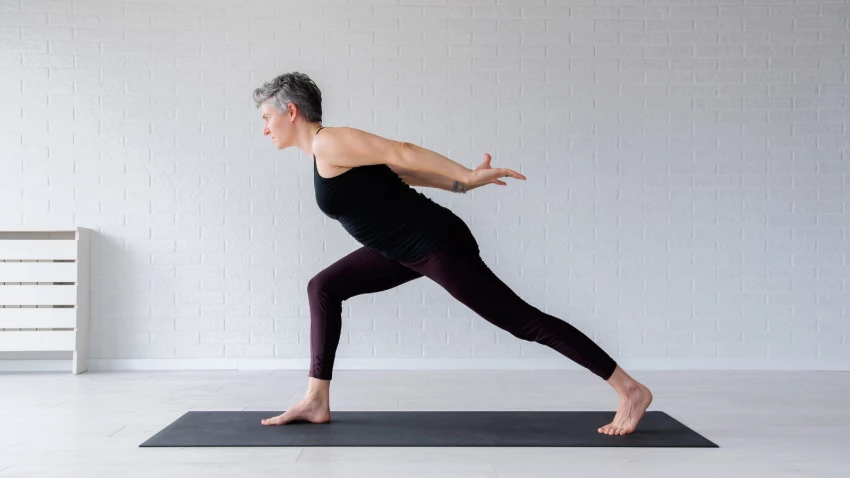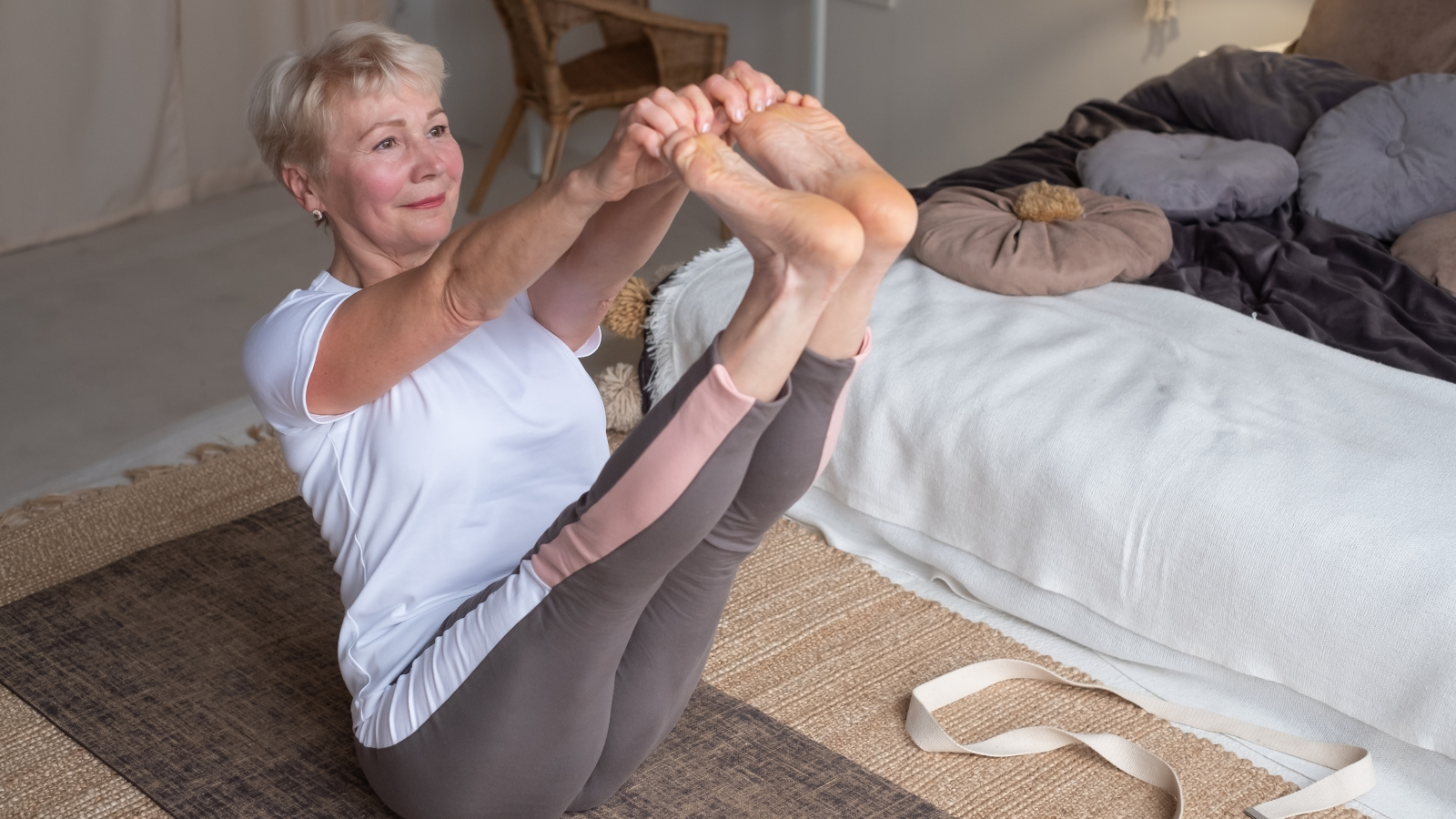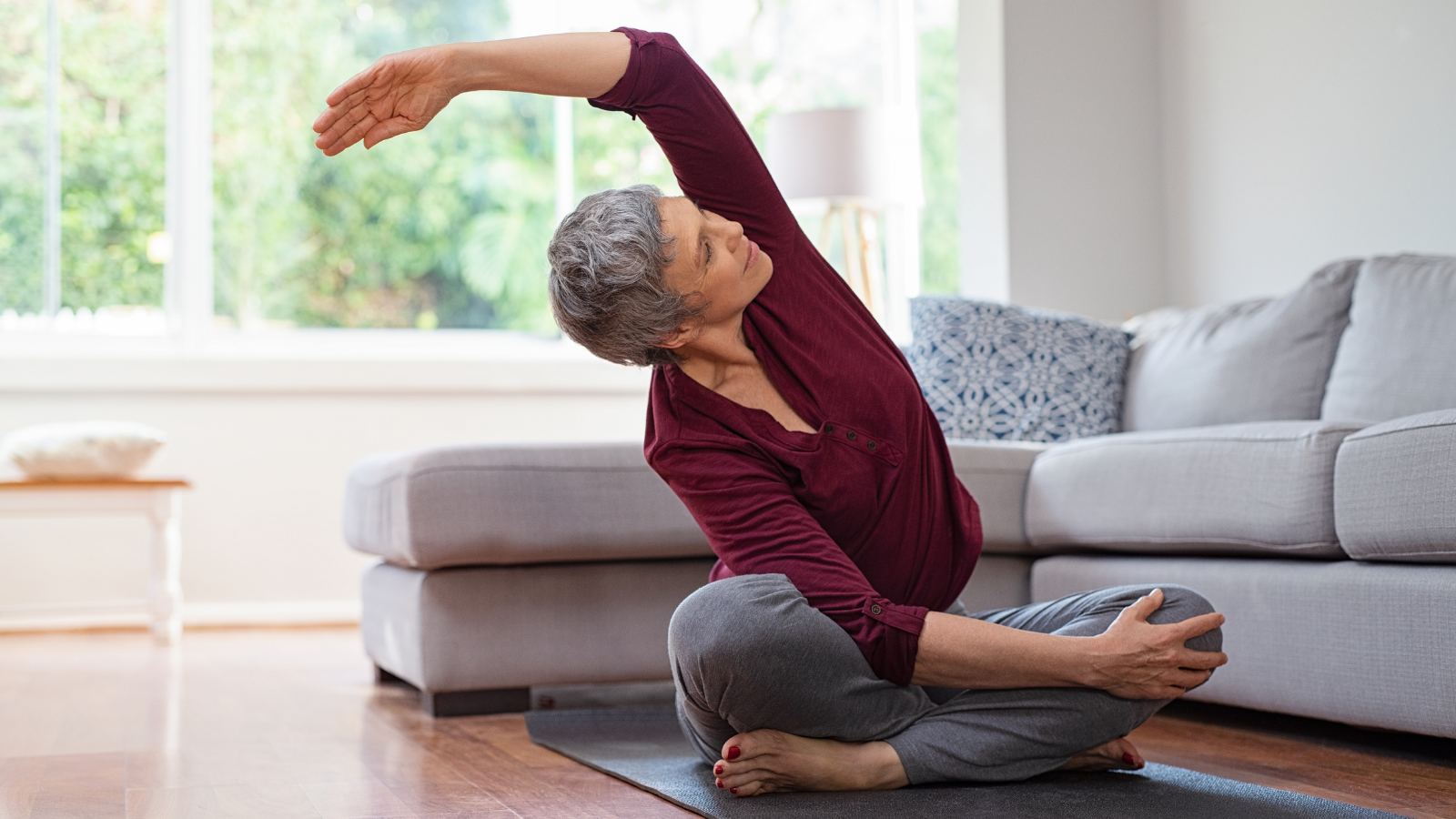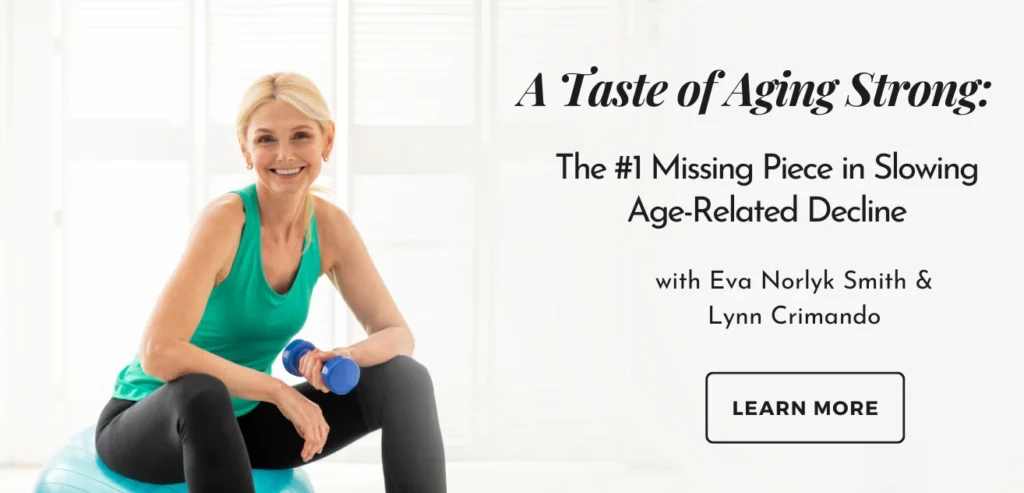Fight Alzheimer’s: Physical Exercise and Brain Health

Article At A Glance
It’s a very common myth these days that the best way to keep your brain healthy is to exercise it with mental exercises, you know, by learning a new language, doing crossword puzzles, and so on. But there is more and more evidence of a correlation between physical exercise and brain health. Physical exercise is actually much more effective at helping keep your brain health than mental exercises (though those are probably a good thing to continue as well).
If this seems counterintuitive to you, think of your brain as another organ in your body, like your heart. And just as exercise is good for heart health as you age, it’s also good for the other organs in your body, including your brain!
Physical Exercise and Brain Health

I’m writing about this topic because a recent article in The Washington Post with a photograph of older women doing yoga caught my eye. This was the headline: “The Most Fit are 33 percent less likely to develop Alzheimer’s, report says.”
Naturally, I had to go on and read it! These days I try to go for a two-to-three-mile walk, every day as well as meditating (which can improve brain strength) and doing asanas. Of course, doing these activities is no guarantee of preventing Alzheimer’s, but hearing that at least it reduces my chances of developing it was very heartening.
Report Shows Correlation Between Physical Exercise and Brain Health

The article's report is based on a study that researchers from the Washington VA Medical Center and George Washington University presented to the American Academy of Neurology in April 2022 at its annual meeting.
According to the Post article, the researchers tested and tracked 649,605 veterans with an average age of 61 for around 10 years. They divided them into five groups, from lowest to highest fitness level, which was based on their cardiorespiratory fitness.
The researchers found that compared with the least-fit group, the risk for Alzheimer’s disease dropped as follows:
- The slightly more fit had a 13 percent lower risk
- The middle group had a 20 percent lower risk
- The next higher group had a 26 percent lower risk
- The most-fit group had a 33 percent lower risk
Yoga and Your Brain

Because the report isn’t published yet and the article was very brief, I don’t have any more information than that. Still, that’s definitely some good motivation for maintaining good cardiovascular health. That’s because what’s good for the heart is also good for the brain. Read this article for specific information about many different ways to use yoga and lifestyle tweaks for brain health.
It was also so interesting that the photo they used to illustrate the article was an older woman doing yoga! I can’t show it here because it had a copyright, but the women were sitting outside on yoga mats doing a seated twist, Half Lord of the Fishes Pose (Ardha Matsyendrasana).
Read Another Brain Health article by Nina Zolotow here: How Exercise Might Help Brain and Nervous System Health.
Also, read...
Vagus Nerve Activity Can Impact Cancer Prognosis, Research Shows
4 Yogic Tips to Make your New Year’s Resolutions Stick
Yoga for Mindful Eating: 12 Tips for Practicing Presence While You Eat
Related courses
Yoga for Back Care and Spinal Mobility: A 4-Week Practice Series
The Psoas Connection: Core Stability for Movement, Breath & Digestion
Optimizing Your Breath: Yogic Breath for Cellular Vitality

Nina Zolotow, RYT 500, the author of the forthcoming book “Yoga for Times of Change” and the Editor-in-Chief of the Yoga for Healthy Aging blog, is both a yoga writer and a yoga teacher. She trained to be a yoga teacher at The Yoga Room in Berkeley, California, has studied yoga therapy with Shari Ser and Bonnie Maeda, and is especially influenced by the teachings of Donald Moyer. She also studied extensively with Rodney Yee and is inspired by the teachings of Patricia Walden on yoga for emotional healing. Her special area of expertise is yoga for emotional well-being (including yoga for stress, insomnia, depression, and anxiety). She teaches workshops and series classes on yoga for emotional well-being, stress management, better sleep, home practice, and cultivating equanimity.
Nina is the co-author with Baxter Bell of Yoga for Healthy Aging: A Guide to Lifelong Well-Being and co-author with Rodney Yee of Yoga: The Poetry of the Body (with its companion 50 Card Practice Deck) and Moving Toward Balance. She is also the author of numerous articles on yoga and alternative medicine.



